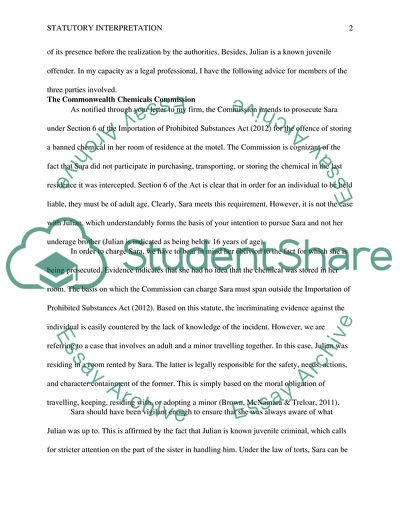Cite this document
(Importation of Prohibited Substances Act 2012 Report, n.d.)
Importation of Prohibited Substances Act 2012 Report. https://studentshare.org/law/1843318-statutory-interpretation
Importation of Prohibited Substances Act 2012 Report. https://studentshare.org/law/1843318-statutory-interpretation
(Importation of Prohibited Substances Act 2012 Report)
Importation of Prohibited Substances Act 2012 Report. https://studentshare.org/law/1843318-statutory-interpretation.
Importation of Prohibited Substances Act 2012 Report. https://studentshare.org/law/1843318-statutory-interpretation.
“Importation of Prohibited Substances Act 2012 Report”. https://studentshare.org/law/1843318-statutory-interpretation.


